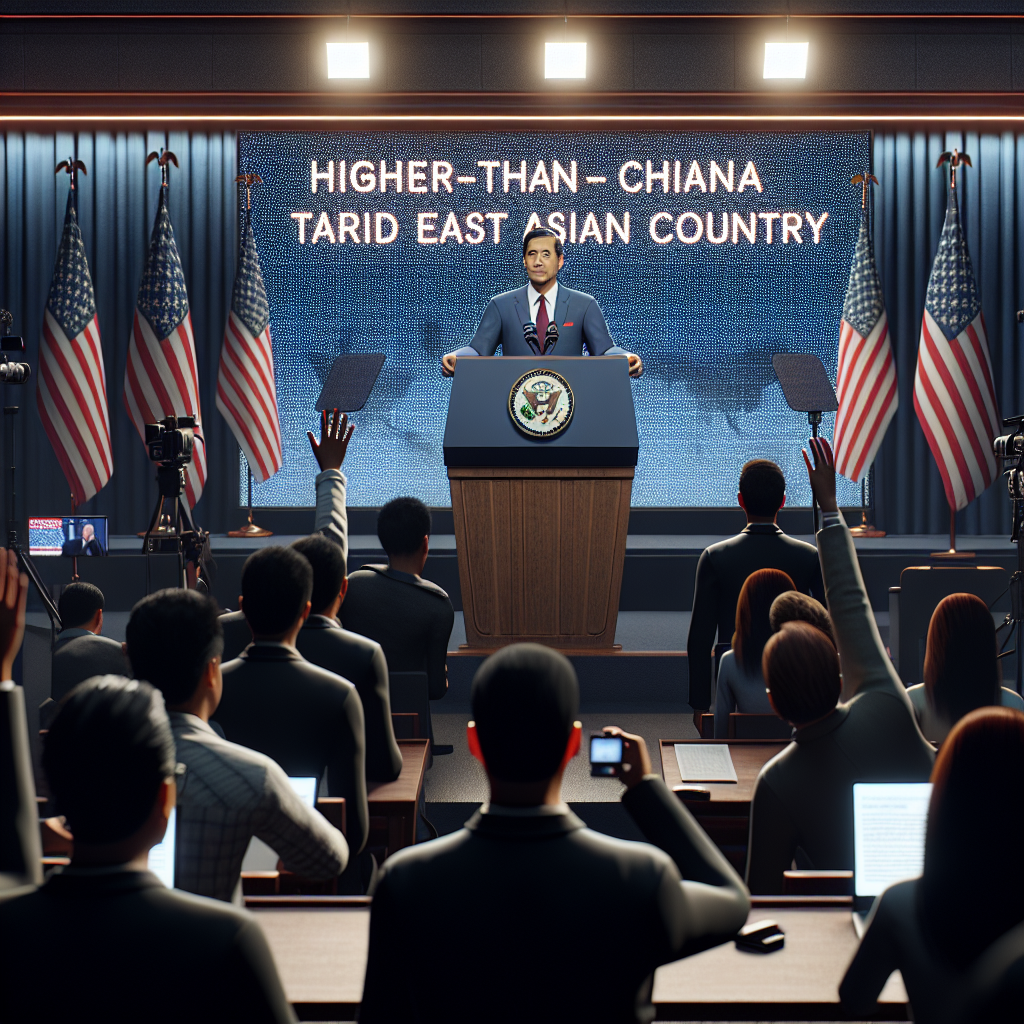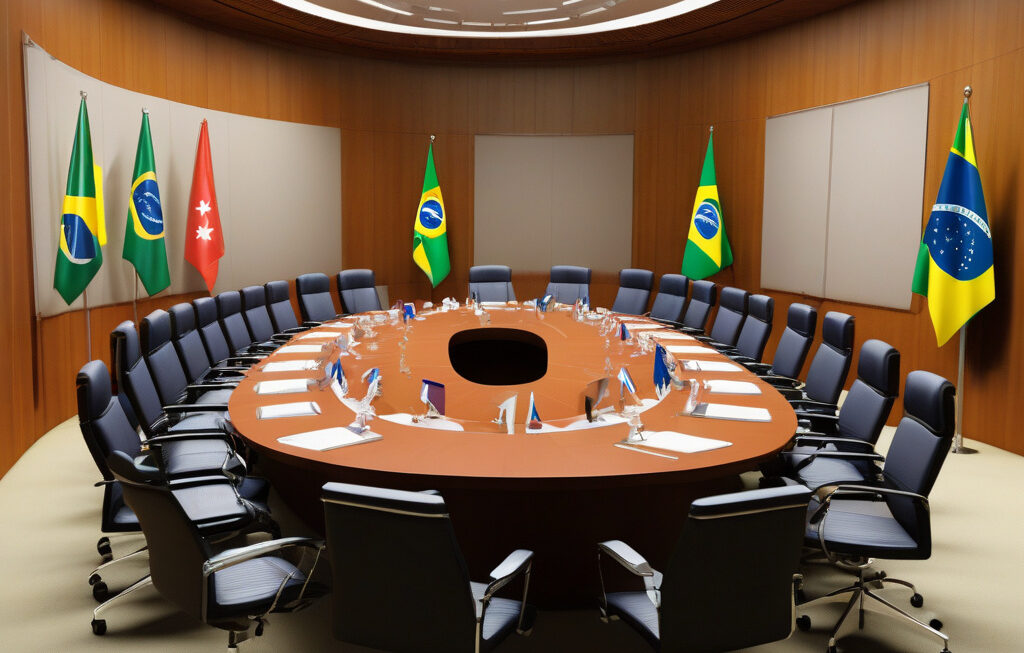South Korea’s Unfair Tariffs: A Closer Look at Trump’s Criticism
President Donald Trump has once again stirred up controversy with his recent comments targeting South Korea’s trade practices. In a bold statement, Trump highlighted that South Korea imposes higher tariffs on American products compared to China, raising concerns about the fairness of trade relations between the two countries. This move not only puts the spotlight on South Korea but also sheds light on the complexities of international trade dynamics and the impact of tariffs on global economies.
Trump’s criticism of South Korea’s tariffs comes at a time when trade tensions between the United States and various nations, including China, have been escalating. The president’s focus on South Korea’s trade policies underscores his administration’s commitment to addressing what he perceives as unfair trade practices that put American businesses at a disadvantage. By singling out South Korea for its tariffs, Trump has once again emphasized his “America First” agenda and his determination to renegotiate trade deals to benefit the United States.
One of the key points of contention raised by Trump is the disparity in tariffs imposed by South Korea on American products compared to those levied by China. While China has long been a target of Trump’s trade rhetoric, the president’s decision to shift the spotlight to South Korea suggests a nuanced understanding of the intricate web of global trade relationships. By calling attention to South Korea’s tariffs, Trump is signaling a strategic shift in his approach to trade negotiations and a willingness to challenge traditional trade partners.
In addition to criticizing South Korea’s tariffs, Trump also took aim at the practice of providing subsidies to foreign chipmakers, with specific mention of tech giant Samsung Electronics Co. This criticism reflects broader concerns about market distortions caused by government subsidies and the impact they can have on fair competition in the global marketplace. By highlighting the issue of subsidies for chipmakers, Trump is drawing attention to the need for a level playing field in the tech industry and raising questions about the role of government intervention in shaping market dynamics.
The implications of Trump’s comments extend beyond the realm of trade policy, touching on broader issues of economic nationalism, global competitiveness, and the future of international trade. By challenging South Korea’s trade practices, Trump is sending a clear message that the United States will not shy away from confronting trade imbalances and advocating for the interests of American businesses. This stance has the potential to reshape the landscape of global trade relations and influence the strategies of countries seeking to navigate an increasingly complex and interconnected global economy.
As the debate over trade tariffs and subsidies continues to unfold, the spotlight remains firmly on South Korea and its trade relationship with the United States. The outcome of this scrutiny could have far-reaching implications for both countries and set a precedent for how trade disputes are resolved in an era of heightened economic nationalism. Whether Trump’s criticism leads to meaningful changes in trade policy or further escalates tensions remains to be seen, but one thing is certain: the issue of trade fairness will continue to shape the global economic landscape for the foreseeable future.
In conclusion, Trump’s focus on South Korea’s tariffs and subsidies underscores the complexity of international trade relations and the challenges of balancing competing economic interests in a globalized world. By shining a spotlight on these issues, Trump is sparking a much-needed conversation about the future of trade policy and the role of governments in shaping economic outcomes. As the debate unfolds, the world watches closely to see how these dynamics will evolve and what implications they will have for the future of global trade.
South Korea, Trump, Tariffs, Trade, Subsidies












